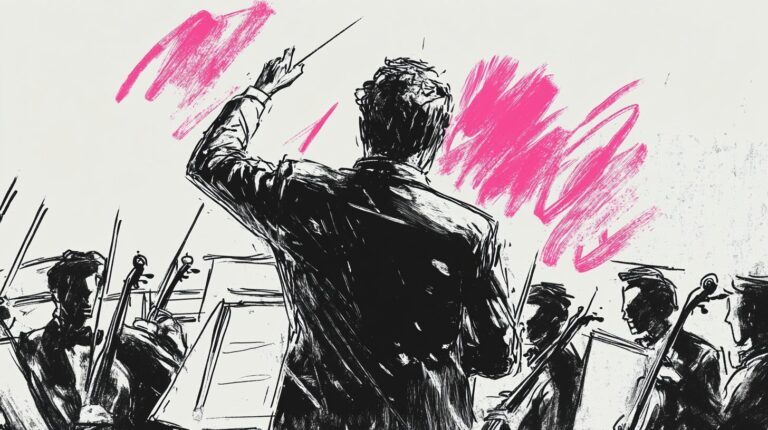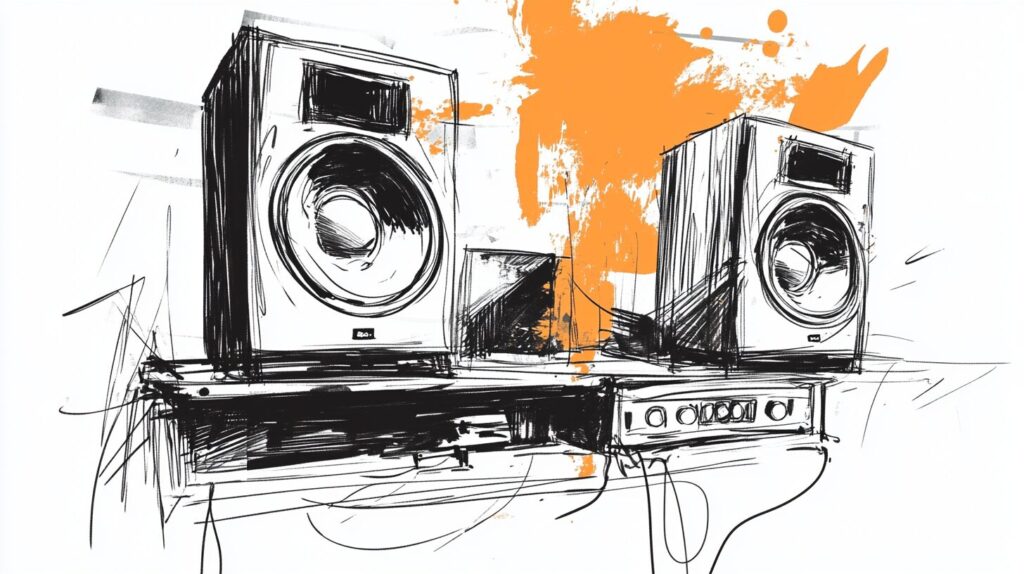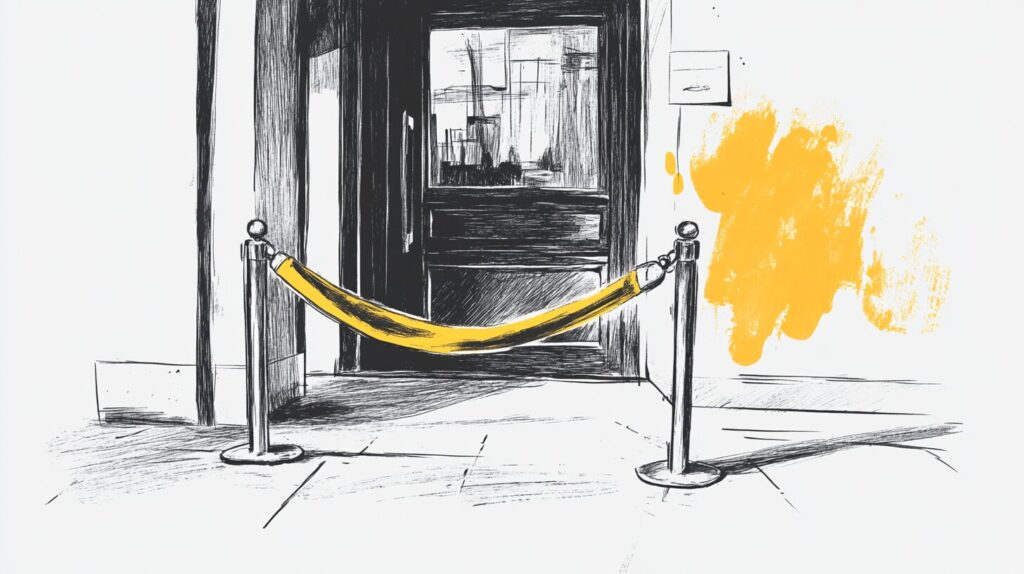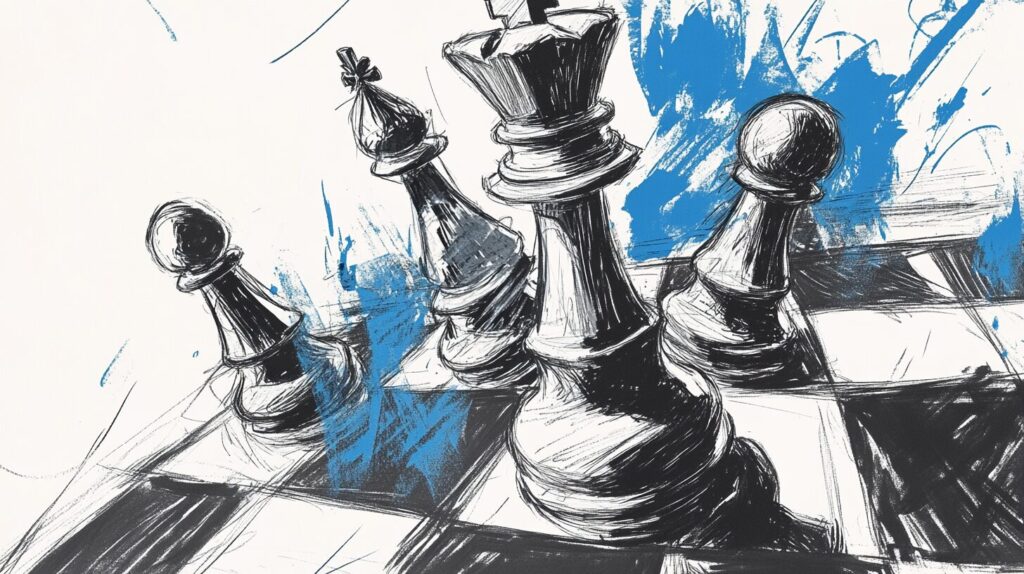AI is good at answers.
It’s not good at knowing which question to ask next.
It’s fast, precise, and increasingly convincing.
But it doesn’t have judgment.
And that’s not a bug.
That’s the difference.
Tasks vs. Judgment
Give a machine a closed system—a chessboard, a radiology scan, a standardized test—and it will outperform a human.
Every time.
Why?
Because nothing unexpected happens.
The variables are known.
The decisions are bounded.
And the outcome can be optimized.
But real life doesn’t work that way.
There are no perfect rules.
No ideal context.
Just people, timing, culture, emotion, ambiguity.
When something goes sideways—
a launch flops, a story misfires, the system breaks—you’re stuck on an island and need a ice skate to save yourself.
AI doesn’t know what to do next when faced with the unpredictable.
It’s not designed to.
Judgment As An Act Of Service
Judgment is not just a skill.
It’s a stance.
It’s what lets you:
- Choose the headline that makes someone stop scrolling
- Edit out the good idea in favor of the great one
- Say, this part matters—even if the data isn’t obvious yet
AI can play the notes.
It can’t hear the music.
You’re not here to do the task.
You’re here to conduct the orchestra.
Rare
In the age of AI, answers are cheap.
Judgment is rare.
And rare is valuable.
So the question isn’t: Can you keep up with the machines?
It’s:
Can you still choose what matters—when it’s not obvious, and options are infinite?
If you enjoyed this post, please consider sharing it with someone else who might too–the buttons below can help.
Thank you!




